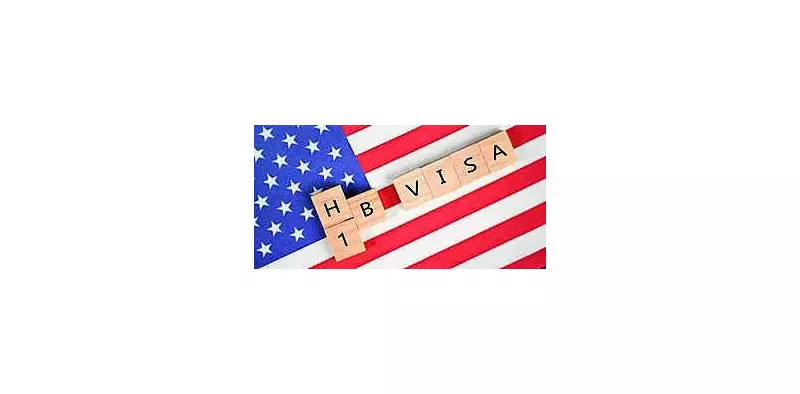
The controversial H1B visa reforms proposed by the Trump administration have ignited a fierce debate across the United States and global tech communities. While supporters claim these changes will protect American workers, critics argue they could severely impact innovation and technological advancement.
The Core Changes: What's Really Changing?
The proposed overhaul targets several key aspects of the H1B program. The most significant changes include:
- Higher wage requirements for H1B positions
- Tighter restrictions on third-party placements
- Stricter qualifications for specialty occupations
- Reduced visa durations for certain project-based work
The Protection Argument: Putting Americans First
Proponents of the reforms argue that the current H1B system has been exploited to replace American workers with cheaper foreign labor. "This is about ensuring that companies genuinely cannot find qualified American workers before turning to foreign talent," explains a policy analyst familiar with the proposals.
The administration claims these measures will:
- Force companies to prioritize American job seekers
- Prevent wage suppression in technical fields
- Ensure H1B visas are used only for truly specialized roles
The Innovation Concern: Brain Drain Consequences
Tech giants and startup founders express deep concerns about the potential impact on innovation. "Some of our most brilliant minds come through the H1B program," says a Silicon Valley CEO. "Restricting this pipeline could seriously hamper our competitive edge in artificial intelligence, software development, and emerging technologies."
Indian Tech Professionals: The Immediate Impact
Indian IT professionals, who constitute the largest group of H1B visa holders, face significant uncertainty. The reforms could affect:
- Current H1B holders seeking extensions
- Recent graduates from US universities
- Employees of Indian IT services companies
- Tech professionals in the visa application pipeline
Economic Implications: A Double-Edged Sword
Economists are divided on the long-term consequences. While some predict short-term job gains for American workers, others warn of potential negative effects:
- Increased project costs for US companies
- Possible relocation of R&D centers overseas
- Impact on US universities dependent on international students
- Potential retaliation in trade and services
The Global Talent War: Competitive Disadvantages
As the US tightens immigration rules, countries like Canada, Australia, and Germany are actively courting the same skilled professionals. "We're in a global race for talent," notes an immigration attorney. "While we're closing doors, our competitors are rolling out red carpets for these highly skilled individuals."
What's Next for the Reform Process?
The proposed changes face several hurdles before implementation:
- Public comment period and review
- Potential legal challenges from tech companies
- Congressional oversight and possible intervention
- International diplomatic considerations
The outcome of this policy battle will shape not only the future of thousands of skilled professionals but also America's position in the global technology landscape for years to come.





